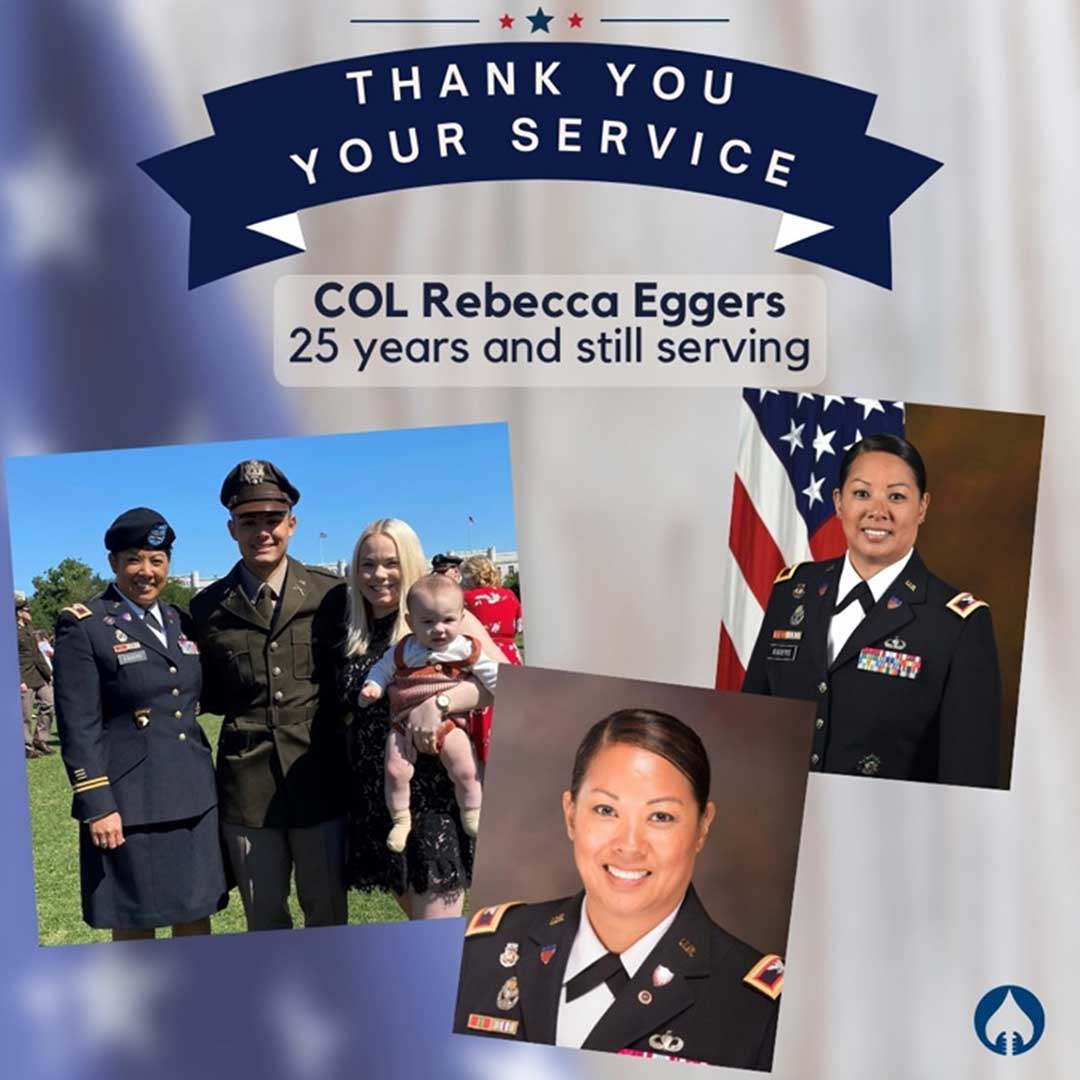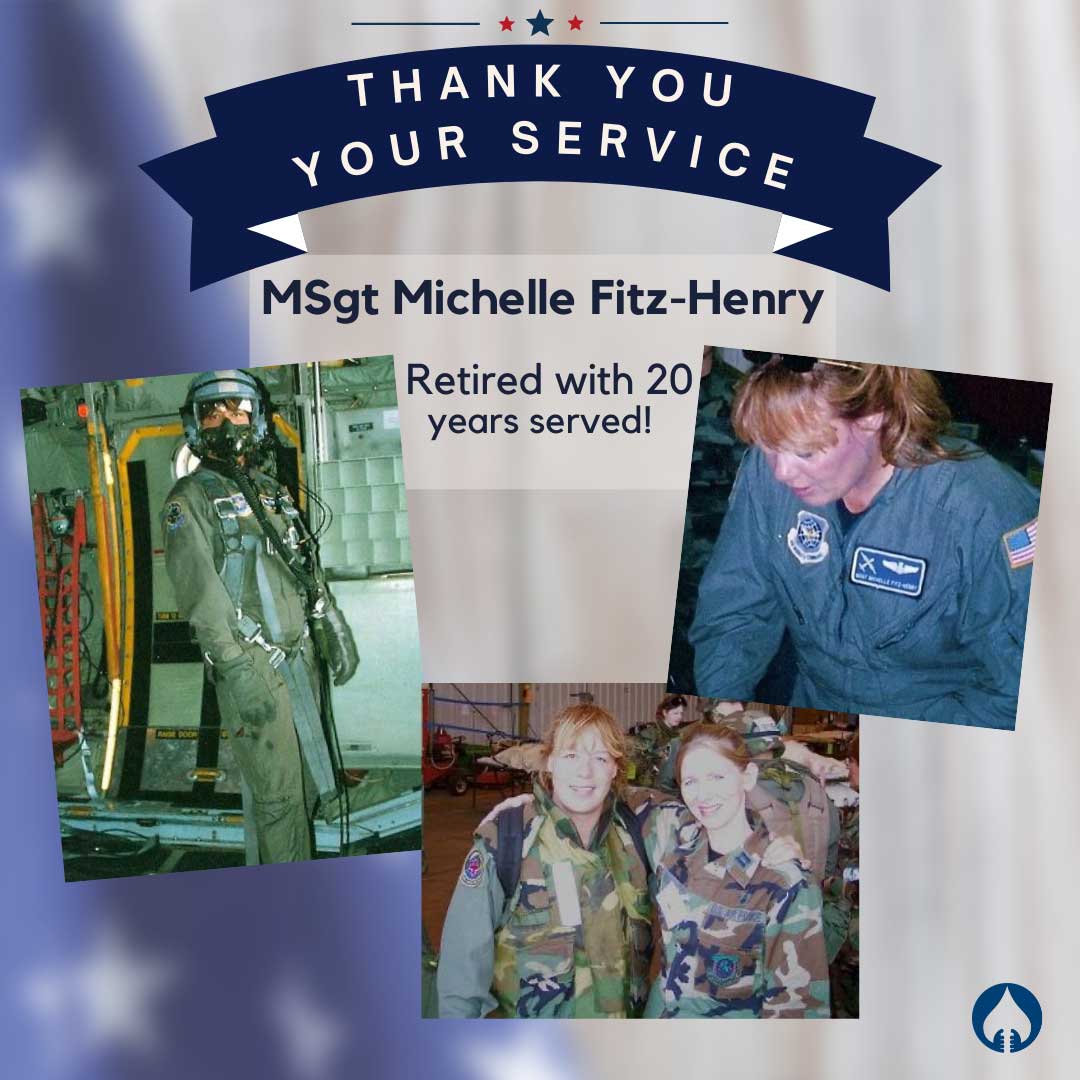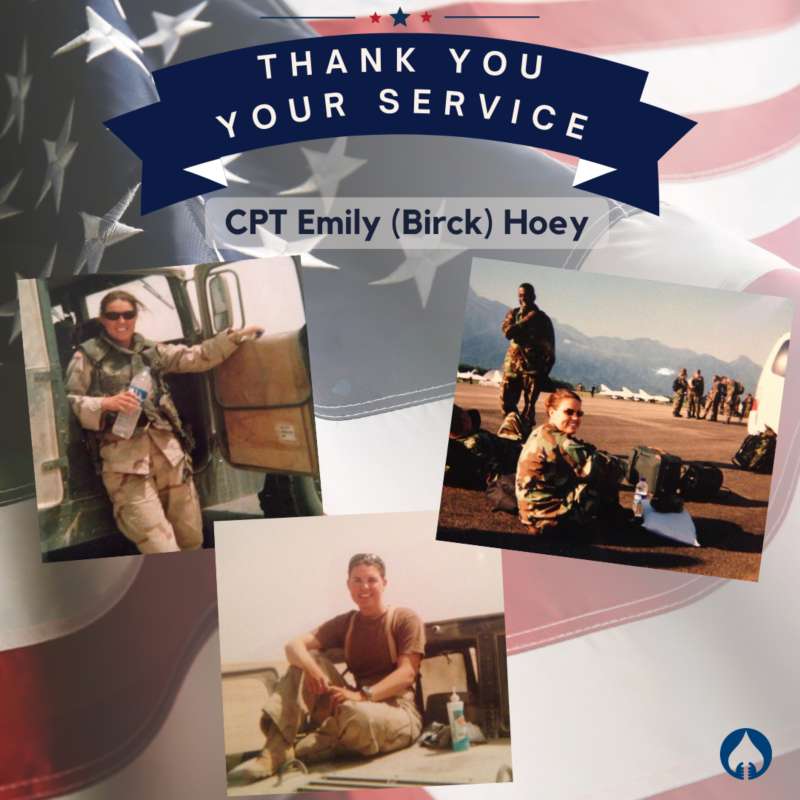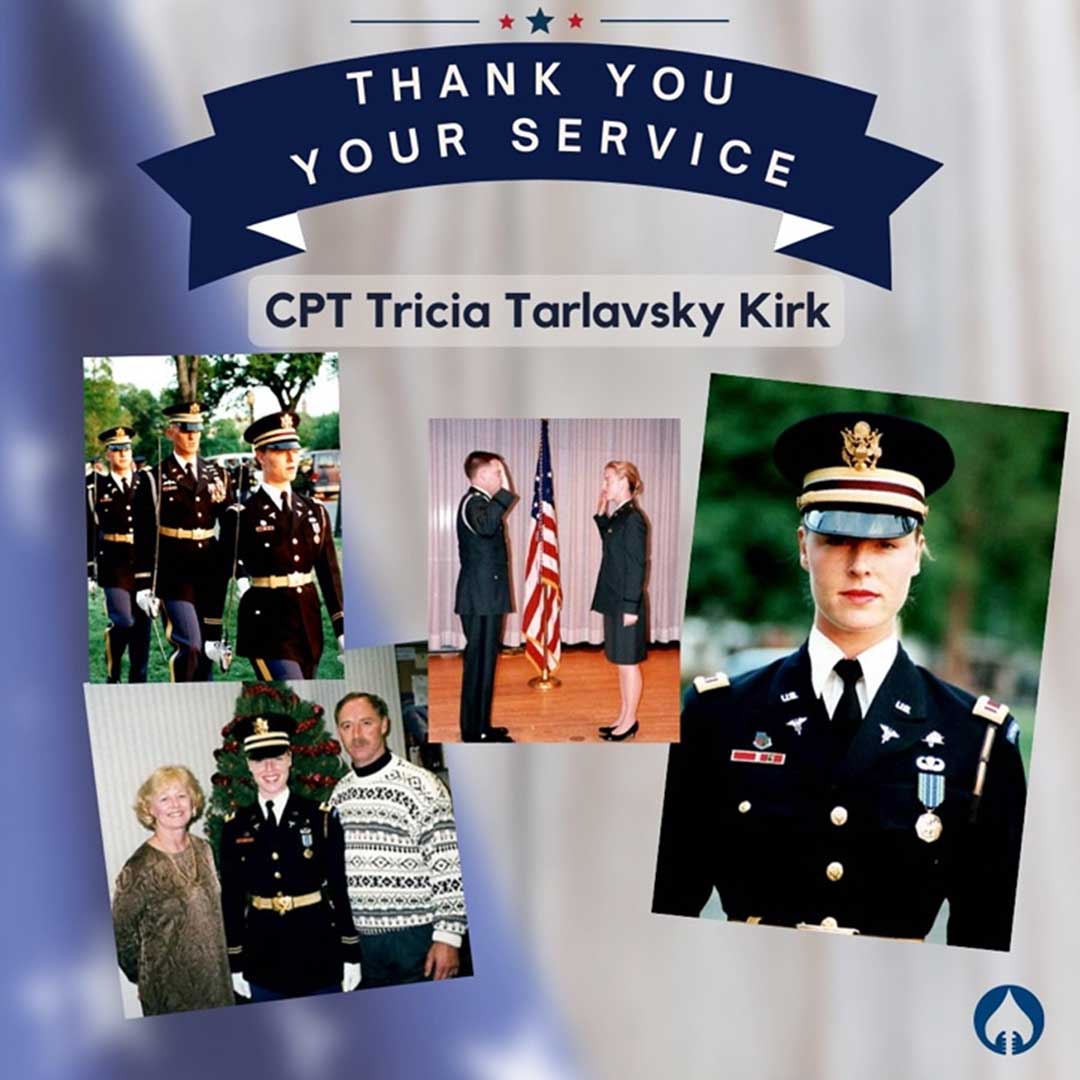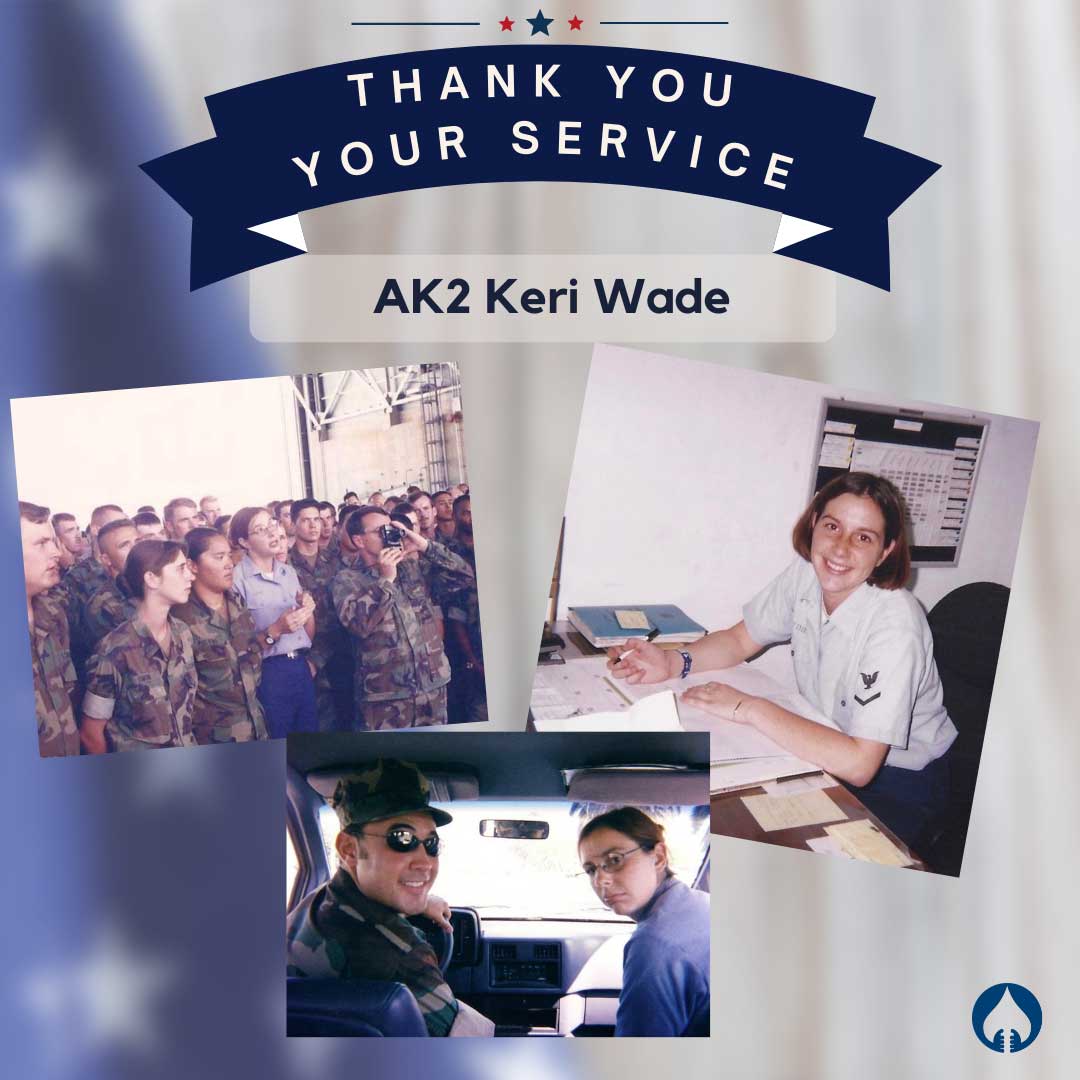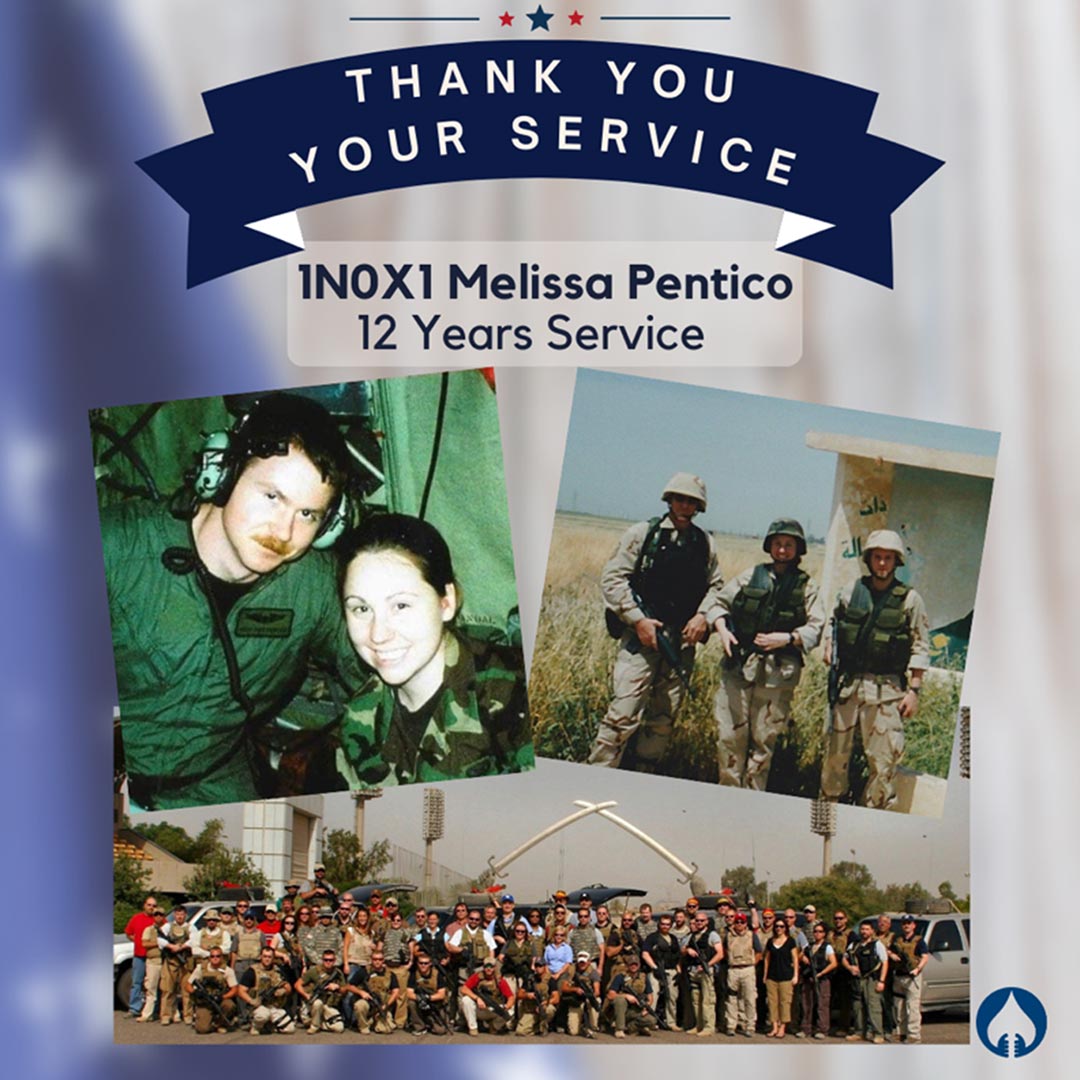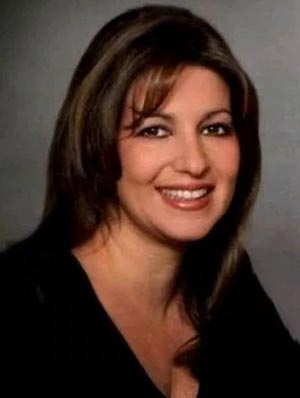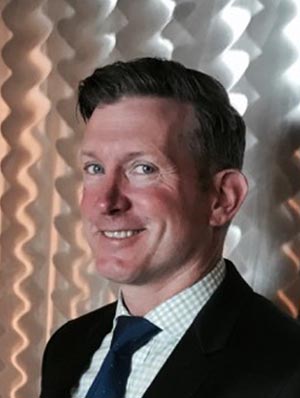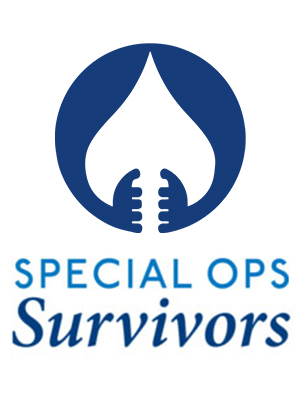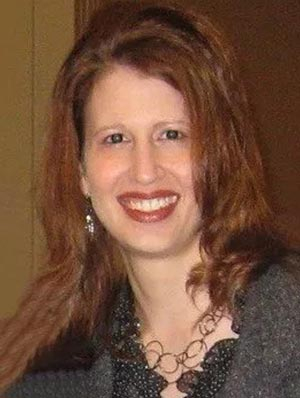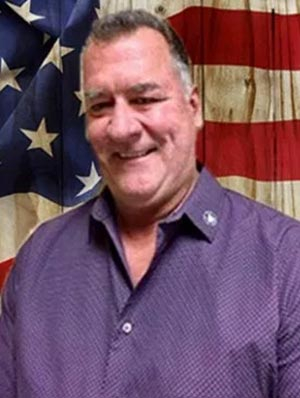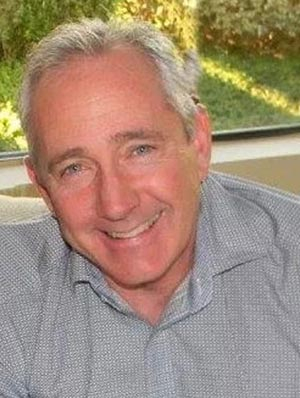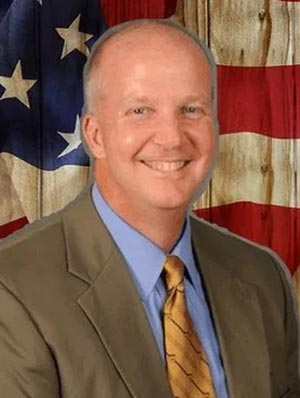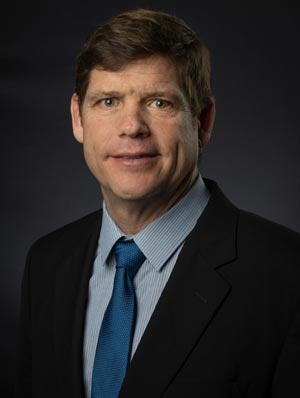Revised on November 11, 2023
Honoring Our Surviving Spouse Veterans
At Special Ops Survivors, we have several surviving spouses who have served or are continuing to serve in our military. Check out what our survivors have done in the military and what they learned from their time serving our country. Please join us in giving our surviving spouses a shout out and THANKING THEM for their service!
COL Rebecca Eggers
Surviving Spouse of CPT Daniel W. Eggers
25 years service & still serving!
Rebecca
Rebecca Eggers was commissioned in the US Army in 1997 and is still serving in our military. Rebecca has served for an impressive 25 plus years. She is currently a Colonel in the Army as an Adjutant General Corps Officer, Human Resources in the civilian world. Rebecca has had assignments that range from managing the personnel in units less than 1000 people to Divisions with over 16,000 people. She is currently leading the team that is building the Army’s new Personnel and Pay System. Rebecca and her husband were stationed at Fort Steward and Fort Bragg together. CPT Daniel Eggers was an infantry officer who completed the Special Forces Qualifications when he as a CPT. They did not directly work with each other, but Rebecca always felt that since she was also in the Army, it made work conversations very easy for them.
What did you learn in your time in the military has helped you in your everyday life?
I think the biggest thing the Army has taught me is to work with people from extremely diverse backgrounds. And since I spent time as a Commander, it taught me how my decisions directly affected those people that worked for me. The impact of a person’s leadership on a Soldier’s well-being can be an extremely humbling experience. It’s helped me learn to have grace with people in all walks of life.
Do you think being in the military along with a surviving spouse gave you tools to help with your grief journey?
I was extremely lucky in that my command was extremely supportive, in most respects, when Dan was killed. I had some leaders that truly looked out for me and ensured that assigning me to different positions allowed my family to heal, but also kept my career on track. I thank those leaders every day for showing me that being a surviving spouse doesn’t have to be a hindrance.
Anything else to add with your time in the military:
I have learned that even though you would expect Soldiers to understand and support surviving spouses, most don’t actually know what happens to spouses after their heroes are killed. While serving, I have advocated for uniformed survivors at the highest levels of the Army and I have attempted to show commanders that what some may see as a weakness, has only made me stronger and more in tune with the needs of units when they are getting ready to deploy.
What made you decide on your program?
“I did some research on a program that would work with my schedule. I am constantly driving kids here and there as well as homeschooling them, so I needed something that I could do at night or in-between my daily schedule. I choose an online program through Animal Behavior College. It took me a little longer than I thought because due to COVID restrictions, I had a more difficult time finding a vet office that I could do an internship with but once I got into one, it was smooth sailing.”
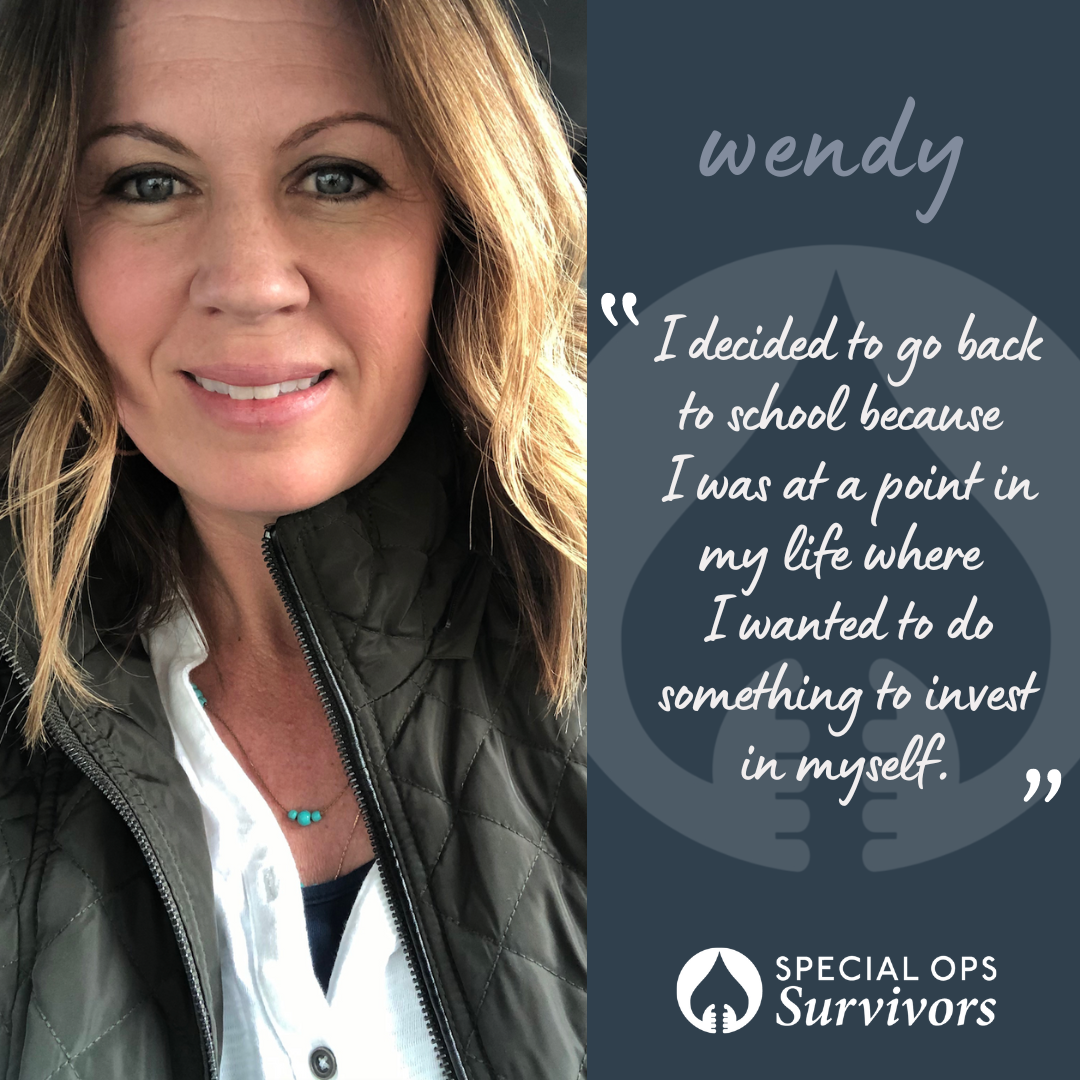
MSgt Michelle Fitz-Henry, Retired
Surviving Spouse of SCPO Theodore Fitz-Henry
20 years service
Michelle
Michelle Fitz-Henry served just over 20 years and retired from the Air Force in 2005. On active duty, Michelle was a weather forecaster. After 8 years on active duty, she became a reservist. As a reservist, Michelle was an Aeromedical Evacuation Specialist on C-130s with the 63rd Aeromedical Evacuation Squadron based in Chicago, Illinois. When the base closed, she went to Billy Mitchell Field in Milwaukee, Wisconsin. They didn’t have flight medics at this base, so she went to school to be a C-130 loadmaster, an aircrew member on a C-130. Michelle retired as a as a Master Sgt shortly after her husband’s death.
Tell us about your time in the military:
I had a great ride with great career opportunities. I was the only female in my class when I went to school to become a C-130 loadmaster. That experience helped me to know I could hold my own. It gave me the confidence I needed when I applied to be a career firefighter/paramedic as a civilian and again was the only female in my class. I had done it once and I knew I could do it again. I had a childhood without a lot of guidance. The military gave me structure which I needed and wanted. The skills and lessons I learned in the military served me well for the rest of my life. I feel my service enhanced the wonderful relationship I had with my husband. He was SEAL Corpsman so we both had a military and medical background. I feel my service helped with my grief journey. I had the firefighter family to support me after Ted’s death along with my military family. And Special Ops Survivors gave me the most important family of all – my widow family. I thank them for that and am so grateful for giving me my widow family.
What made you decide on your program?
“I did some research on a program that would work with my schedule. I am constantly driving kids here and there as well as homeschooling them, so I needed something that I could do at night or in-between my daily schedule. I choose an online program through Animal Behavior College. It took me a little longer than I thought because due to COVID restrictions, I had a more difficult time finding a vet office that I could do an internship with but once I got into one, it was smooth sailing.”

CPT Emily Tinsley Hoey
Surviving Spouse of CPT John Tinsley
4 years service
Emily
Emily Tinsely Hoey served in the Army for 4 years from 2002 to 2006. Emily served as a Transportation Officer in the Army on active duty. She met her husband, CPT John Tinsley, while they both were on active duty although they did not serve at the same duty station. Their shared time-in only overlapped by months. John was stationed with the Old Guard at Fort Myer in the DC area while Emily was at Fort Eustis, in the Newport News, Virginia area.
What did you learn while serving in the military has helped you in your everyday life?
I learned a lot about myself. I also learned about people. I learned what being a good leader is really all about. Mental toughness, being a better listener and being your own self-advocate.
What skills or take-aways did you learn from your time in the military?
How to write succinctly, to get your point across quickly. How to communicate effectively with precise details. How to read a map properly! How to push through self-doubt/uncomfortable situations and learn from your mistakes.
Do you think being in the military along with a surviving spouse gave you tools to help with your grief journey?
No, I do not think being in the military helped me as a surviving spouse. It did help as an active-duty spouse, as I understood a lot more of the nature of the Army.
What made you decide on your program?
“I did some research on a program that would work with my schedule. I am constantly driving kids here and there as well as homeschooling them, so I needed something that I could do at night or in-between my daily schedule. I choose an online program through Animal Behavior College. It took me a little longer than I thought because due to COVID restrictions, I had a more difficult time finding a vet office that I could do an internship with but once I got into one, it was smooth sailing.”

CPT Tricia Tarlasky Kirk
Surviving Spouse of CPT Michael Tarlavsky
8 years service
Tricia
Tricia Tarlasky Kirk served in the Army Reserves from 1996-1998 while attending the University of Washington. During Tricia’s first year, she was assigned to an LCM-8 “Mike Boat” unit and the second year, she switched to a criminal investigation unit. Upon graduation, Tricia transferred to active duty and served from 1998-2004 as a Medical Service Corps Officer. She was stationed with the 3rd United States Infantry (The Old Guard) at Fort Myer, VA, the 25th Infantry Division at Schofield Barracks, HI, and the 101st Airborne Division at Fort Campbell, KY. As a new 2LT and 1LT in The Old Guard, Tricia served as the Medical Platoon Leader for the Regimental Aid Station, serving 1600 Soldiers.
After extensive training and testing she marched as a ceremonial staff officer for retirement ceremonies, foreign dignitaries, Twilight Tattoo performances in Washington DC, and special events for the President of the United States. Additionally, one of Tricia’s special duties was to assist with funerals in Arlington National Cemetery. Coincidentally, one of her former Soldiers opened the door to her limo upon arrival to Tricia’s own husband’s funeral. After The Old Guard, she transferred to the 25th Infantry Division and served as an Ambulance Platoon Leader, Battalion S1, and the Secretary of the General’s Staff (SGS.)
Tricia and her husband, Mike Tarlavsky, met in Hawaii while she was serving as the Secretary of the General’s Staff (SGS) and he was on vacation after the Special Forces Qualification Course. Mike had served in Hawaii before her arrival and so they shared many of the same friends. Tricia and Mike married a year later and both transferred to Fort Campbell, KY, Tricia to the 101st and Mike to 5th Special Forces Group. She has such fond memories of their time together in service.
What did you learn while serving in the military has helped you in your everyday life?
I learned discipline, responsibility, organization, leadership, survival skills, computer skills, and camaraderie. Since then, I have utilized those lessons to serve rolls such as Cubmaster for two Cub Scout Packs, Family Readiness Leader for multiple units, High School Wrestling Booster Club President and many board positions for various volunteer organizations.
Do you think being in the military along with a surviving spouse gave you tools to help with your grief journey?
Serving in the military provided the medal fortitude, independence and understanding to help cope with Mike’s death and absence.
What made you decide on your program?
“I did some research on a program that would work with my schedule. I am constantly driving kids here and there as well as homeschooling them, so I needed something that I could do at night or in-between my daily schedule. I choose an online program through Animal Behavior College. It took me a little longer than I thought because due to COVID restrictions, I had a more difficult time finding a vet office that I could do an internship with but once I got into one, it was smooth sailing.”

AK2 Keri Wade
Surviving Spouse of CPO Patrick Wade
4 ½ years service
Keri
Keri Wade served in the Navy for 4 ½ years from 1994 to 1998. Keri was a 2nd class petty officer (E5) as an aviation storekeeper where she ordered parts of airplanes. She served at the same base with her hero although not with each other.
What did you learn in your time in the military has helped you in your everyday life?
I learned perseverance and confidence in myself to rise to the occasion. The military introduces you to something new all the time so adapting quickly becomes the norm.
What skills/takeaways did you learn from your time in the military?
Sticking up for myself especially when outnumbered, being more organized, and believing that I can accomplish more than I ever thought I could.
Do you think being in the military along with a surviving spouse was a hard combination or do you think the military gave you tools/skills to help with your grief journey?
Just as I felt like being a veteran helped me as a military spouse, being a veteran helped with being a widow. I felt more prepared by having an inside experience already under my belt.
What made you decide on your program?
“I did some research on a program that would work with my schedule. I am constantly driving kids here and there as well as homeschooling them, so I needed something that I could do at night or in-between my daily schedule. I choose an online program through Animal Behavior College. It took me a little longer than I thought because due to COVID restrictions, I had a more difficult time finding a vet office that I could do an internship with but once I got into one, it was smooth sailing.”

1NOX1 Melissa Pentico
Surviving Spouse of SSG Patrick Pentico
12 years service
Melissa
Melissa Pentico served in the United States Air Force for 12 years from 1996 to 2008. Melissa served as an Intelligence Operations Analyst. An Intelligence Operations Analyst collects, analyzes, and produces intelligence information from a variety of different sources. Evaluates collected intelligence to determine its accuracy and prepares classified material for intelligence briefings, reports, and displays that are given to aircrews and military commanders. She served together with her hero until his death stating that it was an amazing time in their lives.
What did you learn in your time in the military has helped you in your everyday life?
It has made me who I am today.
What skills/takeaways have you/did you learn from your time in the military?
It has informed my life. I can do hard things.
Do you think being in the military along with a surviving spouse was a hard combination or do you think the military gave you tools/skills to help with your grief journey?
I think losing him, my identity, my career, my military time, and my sense of being a veteran was absolutely debilitating on so many levels. 18 years later I’m finally trying to find a way to reconcile this … my entire military experience was consumed with his death and the aftermath.
What made you decide on your program?
“I did some research on a program that would work with my schedule. I am constantly driving kids here and there as well as homeschooling them, so I needed something that I could do at night or in-between my daily schedule. I choose an online program through Animal Behavior College. It took me a little longer than I thought because due to COVID restrictions, I had a more difficult time finding a vet office that I could do an internship with but once I got into one, it was smooth sailing.”


